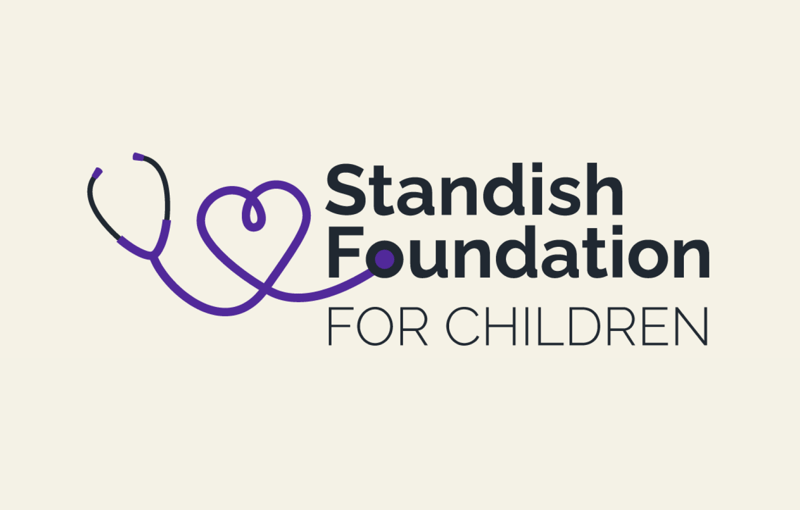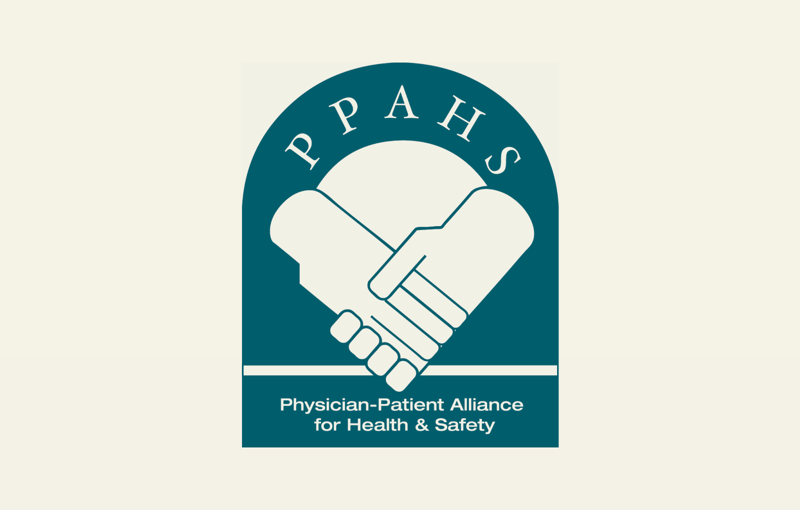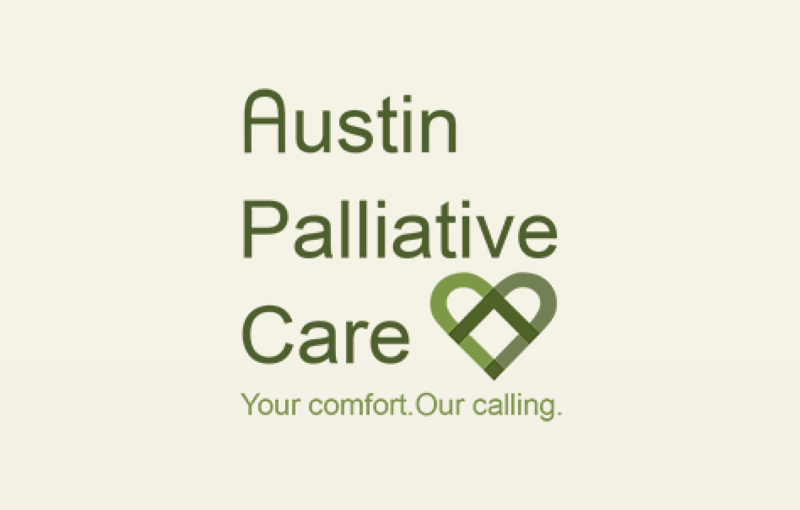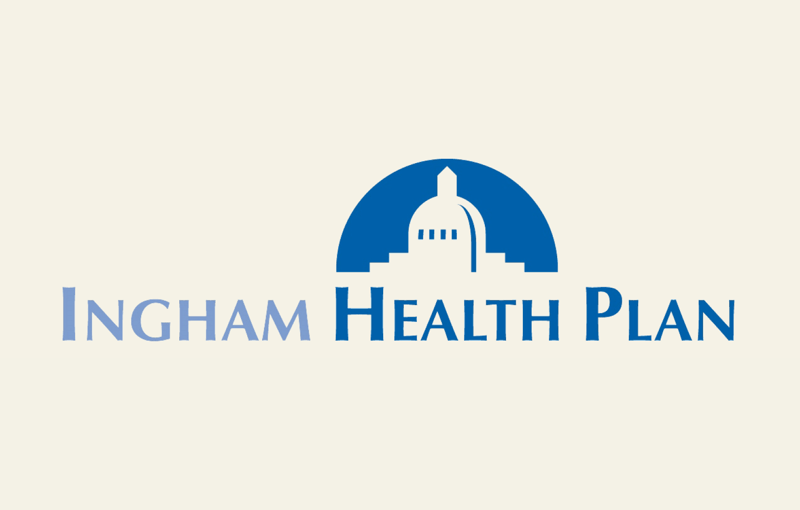How capacity building amplifies health nonprofits’ impact
 Gohar Chichian
·
5 minute read
Gohar Chichian
·
5 minute read

In an era where the health of communities is increasingly under threat from various fronts, the role of health nonprofits has never been more crucial. However, the efficiency and effectiveness of these organizations are often hampered by limited resources and capacity constraints. This is where the intervention of health conversion foundations can make a significant difference. By providing capacity support to health nonprofits, foundations can help amplify their impact and advance community health outcomes.
Catchafire is designed to bridge the gap between the needs of nonprofits and the skills of volunteers willing to help. Through volunteer support and other capacity building resources, Catchafire helps health nonprofits focus on their mission and advance their programming in areas related to the social determinants of health:
- Affordable housing
- Economic mobility
- Food security
- Access to health care
- Access to quality education
The importance of capacity building for health nonprofits

- Enhanced efficiency: By building their capacity, health nonprofits can optimize their processes and use resources more effectively.
- Greater impact: Strengthened organizations are better equipped to execute their missions, leading to improved health outcomes in the communities they serve.
- Sustainability: Capacity building contributes to the long-term sustainability of nonprofits, ensuring that they can continue their vital work for years to come.
Catchafire: A catalyst for capacity support
Catchafire connects health nonprofits with skilled volunteers who lend their time and expertise in key areas such as marketing, finance, and organizational strategy. Catchafire serves as a bridge by providing nonprofits with access to a pool of expertise that they might otherwise not be able to afford. Here are some ways Catchafire facilitates capacity building:
- Bridging expertise gaps: Nonprofits can find volunteers with specialized skills — from marketing to financial planning — that are crucial for their growth.
- Cost efficiency: The volunteer hours donated through Catchafire save health nonprofits substantial amounts of money, allowing them to allocate more resources towards their primary mission.
- Focus on core mission: With operational and capacity needs being addressed by volunteers, nonprofits can concentrate more on delivering their services and making an impact.
- Expanding services: Nonprofits can extend their reach, offering services to more individuals in need.
- Quality improvement: Resources can be channeled into enhancing the quality of existing services, closing the gap to health disparities.
- Innovation: Freed-up resources and time can lead to innovation in services and approaches to community health challenges.
Sustainability is key for any nonprofit, and capacity support directly contributes to this. With robust internal structures, improved skills, and efficient processes, health nonprofits can ensure their long-term presence and impact in their communities. This stability also makes them more attractive to donors and funding agencies, creating a virtuous cycle of support and success.
Long-term benefits for community health
The repercussions of bolstering the capacity of health nonprofits resonate beyond the organizations themselves. When these nonprofits function more efficiently and effectively, the entire community stands to benefit. Improved health equitable outcomes, greater awareness, and access to healthcare services are just some of the advantages. Moreover, a strong network of capable health nonprofits creates a robust infrastructure ready to face health crises, whether they be endemic issues or emergent challenges like pandemics.
Real-life impact: Catchafire success stories
1. Standish Foundation for Children

Mission: Through education, advocacy, service and financial support, The Standish Foundation for Children helps transform healthcare experiences for children, families and providers. Through their programs, the Foundation helps build healthy communities, ensuring that healthcare professionals and organizations have the resources they need to decrease healthcare-related pain and suffering for children.
The Foundation has received support from volunteers on Catchafire for 41 projects in areas such as human resources, data, and marketing.
Through 879 hours saved, the Foundation can focus on its mission, redirecting its attention towards their community. With these hours saved, the Foundation has redirected its impact toward serving over 800,000 patients and families as they aim for 1 million children reached by 2025.
“By getting professional support in areas we do not have expertise, it allows us to continue to spend quality time on direct contact and support to pediatric healthcare providers.”
BobbiJo P.
Program Manager
2. Physician-Patient Alliance for Health & Safety

Mission: Physician-Patient Alliance for Health & Safety is a national advocacy force for addressing patient health and safety priorities that are shared by patients, physicians, regulators, and industry. By doing so, they seek to ensure that the best medications, medical inventions, and technology that can improve care and reduce costs are employed. PPAHS works to advance patient health and safety by developing and highlighting best practices and recommendations through better use and application of clinical practices and experiences, information technologies and checklists, and healthcare information.
Since 2021, the Alliance has received support on 99 projects, saving 2,409 hours and redirecting impact towards elevating the quality of patient care, health, and safety.
“Catchafire has increased our capacity to do even more work to improve patient safety and the quality of patient care. Catchafire has quickly become an invaluable resource for our organization. Catchafire volunteers are helping us develop continuing medical education materials to educate doctors, nurses, and other healthcare professionals to improve patient safety and the quality of patient care.”
Michael W.
Executive Director
3. Austin Palliative Care

Mission: Austin Palliative Care is dedicated to providing specialized, comprehensive medical care to the most medically fragile patients. They aim to reduce the stress of living with serious illness and help people to live better and feel better.
With 127 hours saved by working with volunteers on Catchafire, the organization can focus on providing expert care to patients and their families, improving patient outcomes and satisfaction.
“With help from volunteers on Catchafire, we are able to schedule hospice provider patient visits more efficiently. We also have palliative care patient registration forms in a fillable pdf format that can be sent to patients via email ahead of their provider visit. This allows more time the provider can spend with the patient on health issues instead of paperwork.”
Desiree T.
Director of Provider Services
4. Ingham Health Plan Corporation

Mission: The mission of the Ingham Health Plan Corporation is to act as a vehicle to provide access to organized systems of health care and improve the status of uninsured persons.
With support on 66 projects and 1,430 hours saved, the Corporation is able to focus on providing health coverage, resources, and programs to low-income communities.
"Having access to a pool of volunteers with expertise in areas I don't have has been invaluable. I was able to complete a project that has been on my to-do list for a year.”
Lori N.
Executive Director
Partner with Catchafire
As we continue to face new and complex health challenges, the need for robust, capable, and sustainable health nonprofits becomes ever more apparent. Through strategic capacity support, we can ensure that these organizations are not just surviving but thriving in their mission to create healthier communities.
Request a demo today to learn more about partnering with Catchafire.



